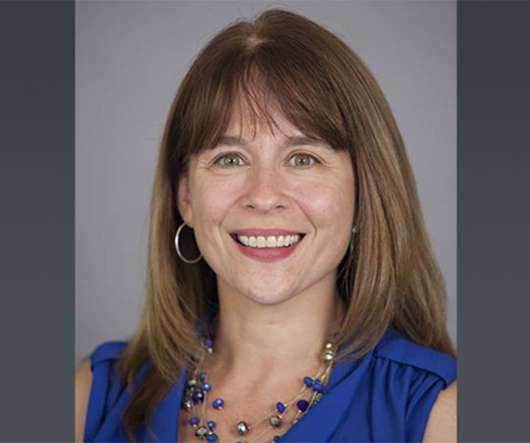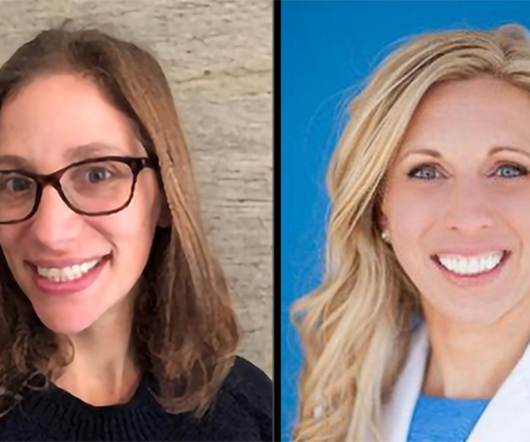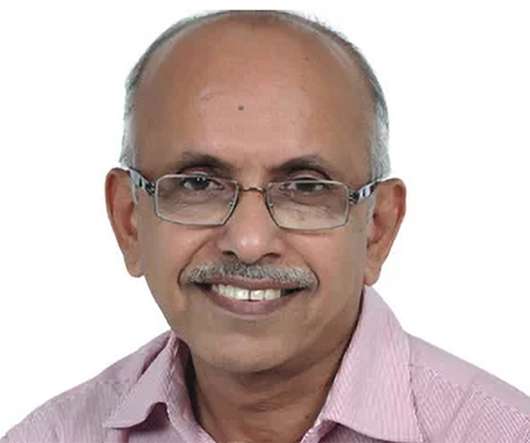Buprenorphine Use in Serious Illness: A Podcast with Katie Fitzgerald Jones, Zachary Sager and Janet Ho
GeriPal
APRIL 14, 2022
On today’s podcast we talk with three experts on buprenorphine on why, when, and how to use it in serious illness. Adapting Palliative Care Skills to Provide Substance Use Disorder Treatment to Patients With Serious Illness . Katie, before we jump into the topic of buprenorphine in serious illness, what’s the song request?













Let's personalize your content